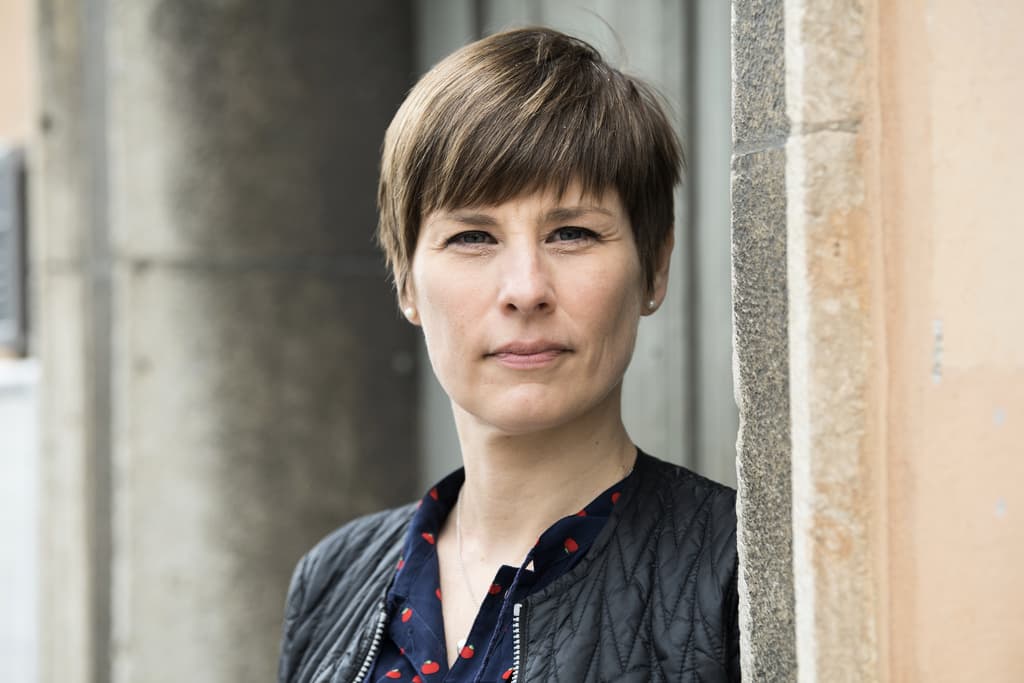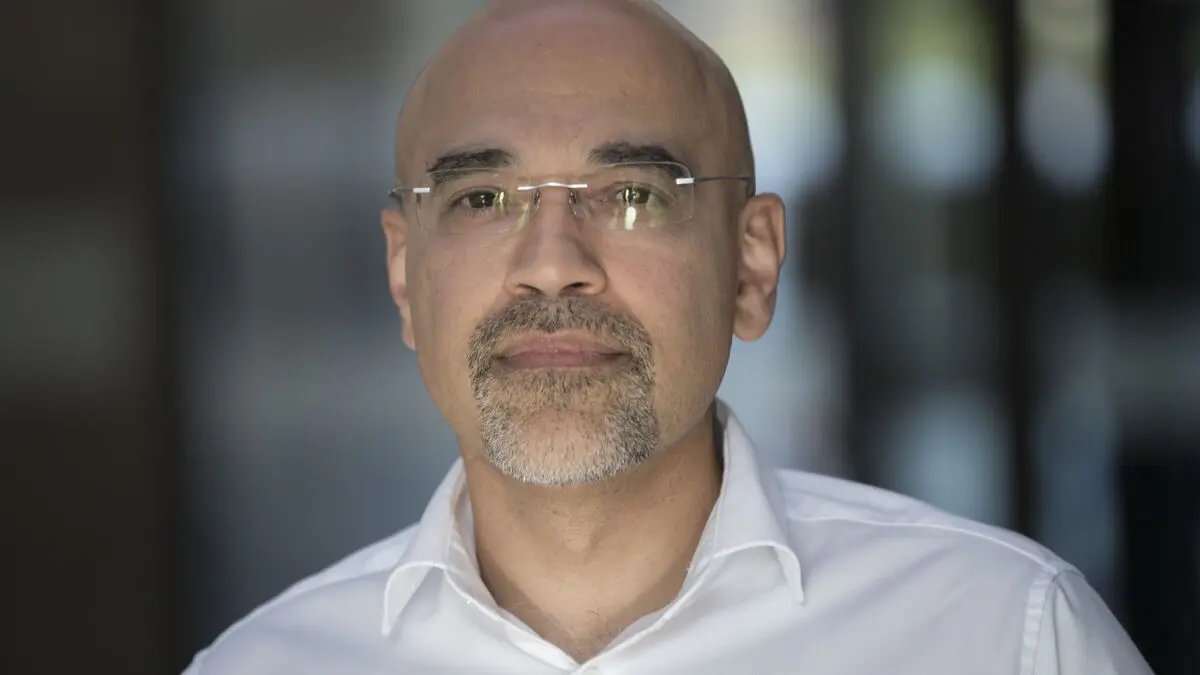Many doctors will not be able to keep up with their ordinary work tasks this summer. And most of them do not think that their workplaces are prepared to handle an acute crisis. This is shown by a survey from the Medical Association.
There are no margins, says Sofia Rydgren Stale, chair of the Medical Association.
It is doctors in primary and emergency care who have answered questions about the situation ahead of the summer. The survey was conducted before the Swedish Association of Health Professionals' strike broke out.
Nearly half of the doctors estimate that there is not enough staff to keep up with the ordinary tasks this summer.
More than eight out of ten believe that they will not be able to keep up with their ordinary work tasks at all or only partially.
It will likely become even harder to keep up during the summer now that the strike has taken effect, says Sofia Rydgren Stale.
Unprepared for crisis
This will lead to even longer waiting times for operations, greater strain on staff, and both patients and staff being moved around to a greater extent, Rydgren Stale believes.
A majority of those surveyed also believe that their workplace is unprepared for an acute crisis. Only just under a quarter of the surveyed doctors feel that their workplace is prepared.
Lacking hospital beds
The lack of staff means that essential care is lacking and that care has difficulty scaling up in the event of an acute crisis, Sofia Rydgren Stale believes.
Today, there are 2,230 available hospital beds lacking in the country as a whole. Sweden needs to have so many hospital beds that there are margins in everyday life and the possibility of scaling up in a crisis, she says.
The Medical Association's member survey had a response rate of 38 per cent and was answered by 1,705 doctors. The survey was conducted between 20 and 29 May.
On 25 April, the Swedish Association of Health Professionals' overtime blockade came into effect for around 63,000 members in the country's regions. The blockade was extended on 20 May to also apply to several larger municipalities and an additional 5,000 members.
On 21 May, the Swedish Association of Health Professionals extended its conflict warning to include a strike in five regions: Stockholm, Västra Götaland, Skåne, Östergötland, and Västerbotten. The strike came into effect on 4 June for around 2,000 people.
The union has announced an expanded strike from 11 June, including in Värmland.
On 14 June, the employer side accepted the mediators' proposal, and the Swedish Association of Health Professionals said no, which means that the healthcare strike continues.






